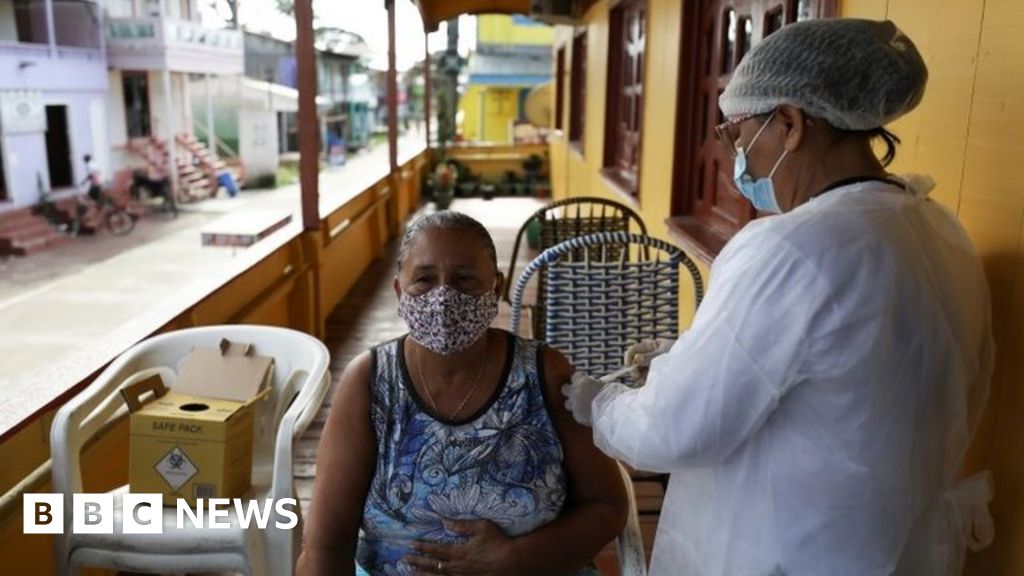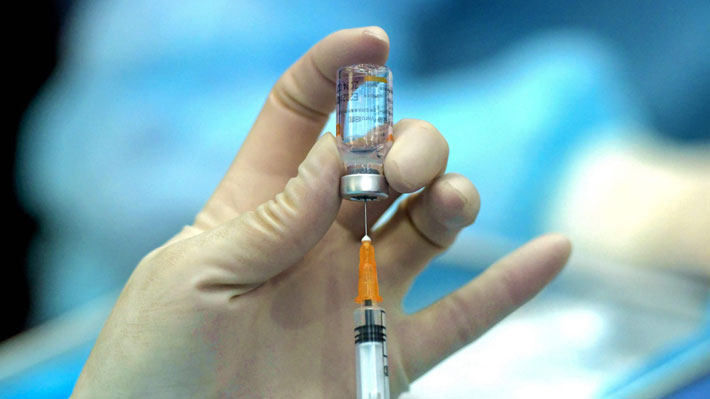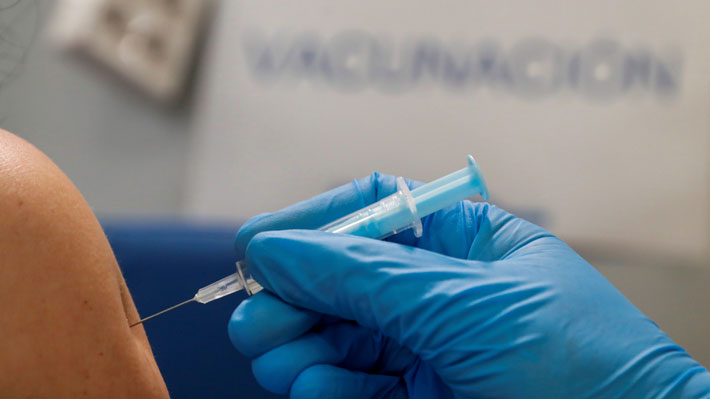MilHojas
Registered
- Joined
- Oct 9, 2007
- Messages
- 1,814
- Likes
- 1,665

Argentine leftist group protests AstraZeneca COVID-19 vaccine maker amid delays
An Argentine far-left workers group protested on Monday outside local vaccine market mAbxience, which is producing the Oxford University/AstraZeneca COVID-19 drug for the region, criticizing delays to doses being available in the country.



